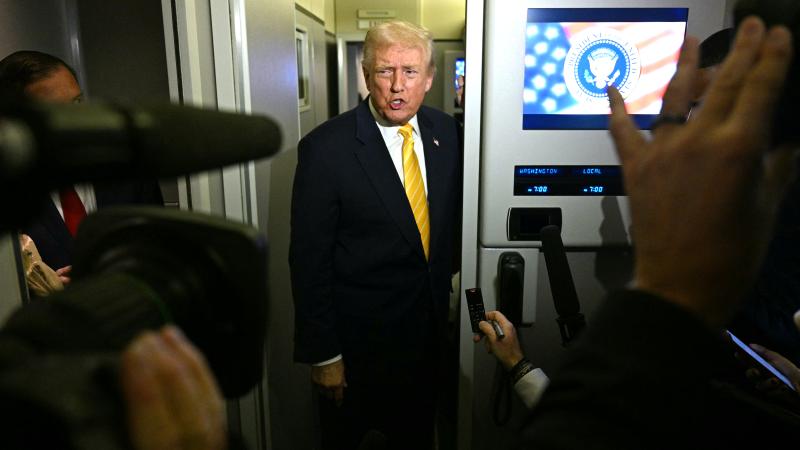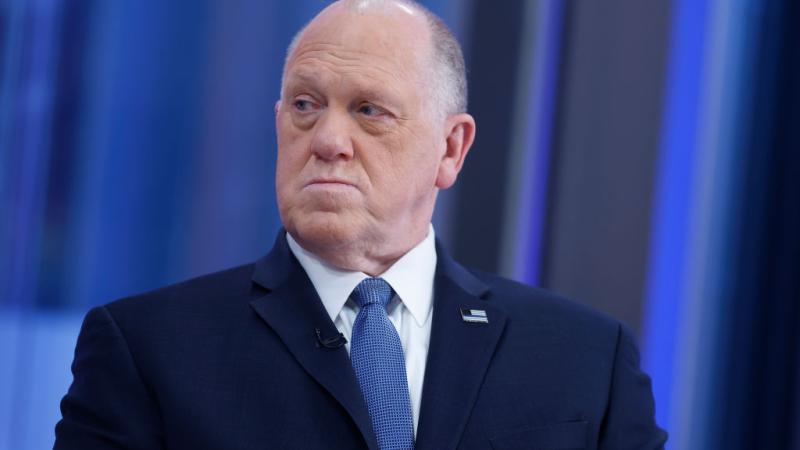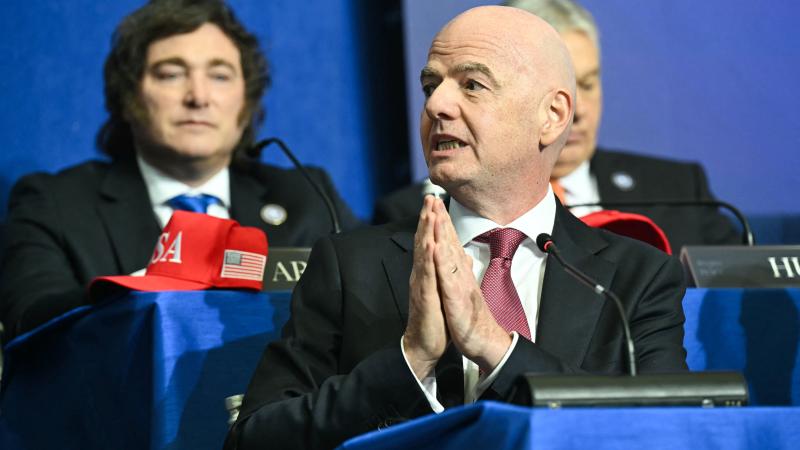Sen. Blumenthal sends letters to PGA Tour and LIV Golf over human rights and other concerns
Sen. Blumenthal has concerns over the Saudi Arabian government's role in influencing the "cherished American institution."
After LIV Golf, the PGA Tour and the DP World Tour announced on June 6th a coming merger, Connecticut Democrat Senator Richard Blumenthal, who is chair of the Senate Permanent Subcommittee on Investigations, is demanding records and communication from the PGA Tour and LIV Golf regarding past conflict and the coming merger.
The $700 billion Saudi Arabian Public Investment Fund (PIF), which owns LIV Golf, is controlled in great part by the Saudi Arabian government. Blumenthal is concerned over how the Saudi government may enter the affairs of the PGA Tour, since LIV Golf's president, Yasir Al Rumayyan, would be the chairman of the new company after the merger.
Sen. Blumenthal notes how the Saudi government maybe be using golf to affect the country's image:
"Critics have cast such Saudi investments in sports as a means of 'sportswashing,'" Sen. Blumenthal's letter to LIV Golf says, adding "an attempt to soften the country’s image around the world—given Saudi Arabia’s deeply disturbing human rights record at home and abroad."
After the merger the PGA Tour would hold the majority of seats on the board and claims to have the final say in the activities of the new company, though the PIF would have the exclusive rights to invest in the company, the New York Times reports.
Sen. Blumenthal's letter to the PGA Tour has questions about the validity of their tax exempt status after the merger, saying that it "raises additional questions about the terms of the agreement and whether a foreign government may indirectly benefit from provisions in U.S. tax laws meant to promote not-for-profit business associations."
Blumenthal's attempts at clarity by opening an investigation will not likely be able to stop the merger, and any legislation to stop it would almost certainly be met by a court challenge, according to the Times. But it may at least delay it and ruffle the feathers of the companies' executives on some of the particulars.














